Charles Skorina & Company
● RETAINED EXECUTIVE SEARCH ●
Our clients: visionary families, transformative nonprofits, Wall Street trailblazers
Our vision: build investment preeminence, create opportunity, enrich lives
Our work: provide talent, access, relationships, and insights
LATEST NEWSLETTER
The trend is your friend… until it isn’t. —Anonymous
Our latest endowment performance report features ten-year and one-year returns, along with AUM, for one-hundred-forty-six US and nine Canadian institutions, the latest available.
In our line of work, recruiting talent and creating opportunities for institutional and family office clients, we like hard data on the individuals who manage institutional and family money. Returns may be historical, but they are useful clues to an investor’s views, process, and discipline.
Bulls and brains
For the fiscal year ending June 30, 2025, institutional investors with public equity tilts lived their best lives ever. Chris Hohn et al at TCI, a value orientated, fundamental investor, earned an estimated $18.9 billion in 2025 according to the Wall Street Journal. CNN’s year-end headline said it all. “US stocks just posted a third straight year of stellar gains.”
*https://www.spglobal.com/spdji/en/commentary/article/us-equities-market-attributes-june-2025/
But it’s never really that simple, is it? Institutional investors operate in an uncertain world and despite the last few years of bull market bliss, the tide inevitably recedes.
As one OCIO industry stalwart writes, the challenge for endowment and foundation investment officers is, “How can we capture real endowment returns that exceed what is required while actively managing downside risk?”
(Exhibit 2, S&P returns since 1950)
No such thing
When it comes to money, there’s no such thing as passive management. Robert Seawright in We are all active managers contends that “most descriptions of passive investing assume a cap-weighting strategy, but that is necessarily an active choice. Most ETFs use rules-based, non-discretionary approaches, but the rules are all determined by active choice. Moreover, the active/passive performance divide is more about fees than ideology, and fees are chosen.”
Most stakeholders – pensioners, students, faculty, foundation beneficiaries, charity recipients, board members – focus more on today’s headlines and the next budget or grant cycle than what might happen fifty years down the road.
Top institutional investors take a longer view. They temper their emotions, place well researched bets, and hold fast come rain or shine.
Serious matters
Phil Zecher at Michigan State University, for example, our featured chief investment officer in last year’s endowment report, took the helm ten years ago. At that time the endowment ranked forty-two, flat in the middle. Last year MSU’s endowment ranked eighth in our league tables. This year MSU sits at number four. Big moves worth millions. Who says CIOs don’t matter?
Final thoughts
Chief investment officers, investment staffs (and OCIOs) earn serious money for their schools and cost a relative pittance to maintain. Many college athletic programs, on the other hand, are staggeringly expensive as Matt Hayes recounts in USA Today, and their intrinsic contribution to academic health is debatable.
And yet, when coaches meet with college boards the rooms come alive. Excitement builds, time is forgotten, and everyone wants a selfie with these masters of the arena.
But, alas, when CIOs take their turn it’s back to dreary business. Eyelids grow heavy, attention wanders. Like that Philips’ bulb commercial, The Magic’s Gone. Human nature I suppose, but still, endowments pay the bills and keep the lights on.
The U.S. has the greatest university system in the world, a true competitive advantage, thanks to generous donors and visionary leaders, and our endowments are a major source of financial support. Chief investment officers, their staffs and outside managers play a vital role in this success. Let’s show them some love. How about a selfie?
Endowment Performance 2025
We have grouped our endowment performance data into four sections:
122 US endowments over $1bn
23 US endowments, $500mm to $1bn
3 US endowments, non-June 30 FYs
9 Canadian endowments (CAD about $0.70 US)
OCIO firms manage twelve endowments over $1 billion and seven between $500 million and $1 billion among our cohort. They are highlighted in green.
A few public market indexes are included for context.
(Exhibit 3,Various Benchmark Indexes)
Updates and edits
Try as we might, there are bound to be errors. Please let us know. We will make the changes and send out an update in a few weeks.
To all those who helped us, thank you. We greatly appreciate it.
—Charles Skorina
(download newsletter as PDF) (download tables as PDF)
Read More »NEWS AND COMMENTARY
ABOUT
SKORINA IN THE NEWS
2-19-25 Institutional Investor: Most endowment returns aren’t high enough to cover universities’ costs
11-15-24 Institutional Investor: Nokia taps mercer to navigate evolving corporate pensions
5-7-21 BloombergNews: Yale Names Alex Banker Interim Endowment Chief, Plans Search
5-6-21 The New York Times: David Swensen, Who Revolutionized Endowment Investing, Dies at 67
5-6-21 Forbes: Yale Endowment Chief David Swensen Leaves Legacy of Top College Investment Leaders
CHARLES A. SKORINA & COMPANY works with leaders of Endowments, Foundations, and Institutional Asset Managers to recruit Board Members, Executives Officers, Chief Investment Officers and Fund Managers.
Mr. Skorina also publishes THE SKORINA LETTER, a widely-read professional publication providing news, research and analysis on institutional asset managers and tax-exempt funds.
Our Practice:
• We recruit Board Members and Executive Officers, Chief Investment Officers and Senior Asset Managers.
• Our research and analytics are backed by over thirty years of hands-on recruiting experience and an unrivaled personal network.
• We collect performance, compensation, and background data on most senior institutional investment professionals in the U.S. and the funds they manage. We analyze that data to construct profiles of those managers and their funds, identify best-in-class people, and map their career trajectories.
• We share our research and insights in a widely-read professional newsletter – THE SKORINA LETTER – and website – www.charlesskorina.com.
• The New York Times, Wall Street Journal, Bloomberg, Thompson Reuters, Financial Times (Fundfire), Institutional Investor, Pensions & Investments, Private Equity International, and the institutional investment community use our research and analysis. Skorina has been interviewed on chief investment officer compensation issues on Bloomberg TV.
• Our work is regularly re-printed in Allaboutalpha.com and other industry magazines, blogs, and third- party web postings.
• We focus specifically and effectively on the world we know: Board members and Executive Officers, Chief Investment Officers, and Senior Asset Managers at institutional investment firms and funds – including sovereign wealth funds, endowments, foundations, pension funds, banks, investment banks, outsourced chief investment officer firms (OCIO), and sell-side money managers.
Prior to founding CASCo, Mr. Skorina worked for JP MorganChase in New York City and Chicago and for Ernst & Young in Washington, D.C.
Mr. Skorina graduated from Culver Academies, attended Michigan State University and The Middlebury Institute of International Studies at Monterey where he graduated with a BA, and earned a MBA in Finance from the University of Chicago. He served in the US Army as a Russian Linguist stationed in Japan.
Charles A. Skorina & Co. is based in Tucson, Arizona.




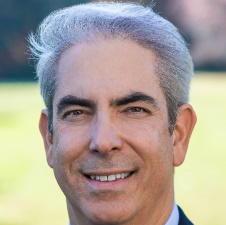
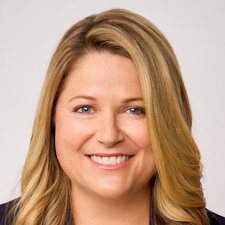


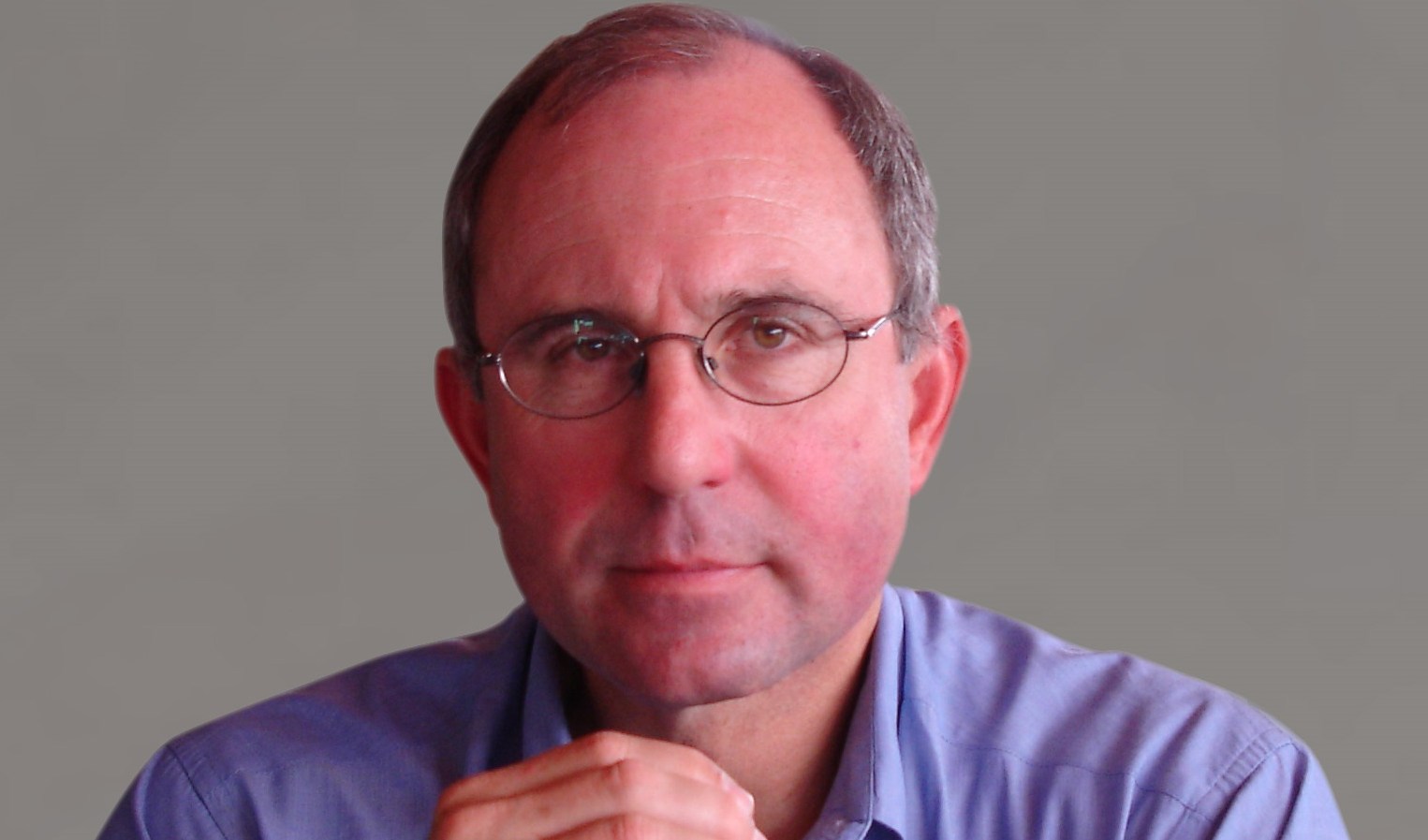

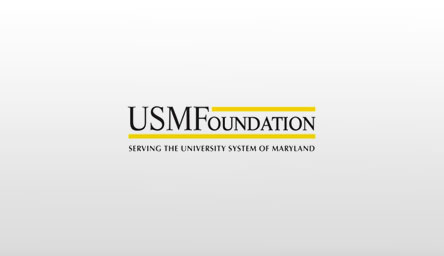

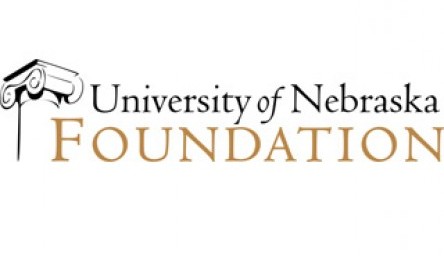
Changing Times
“People don’t know what they want until you show it to them.” — Steve Jobs
The late David Swensen, Yale’s formative chief investment officer, found value in dark corners, those unknown managers and overlooked opportunities Heather Gillers referred to in a recent WSJ article. But there hasn’t been much new in money management since Mr. Swensen wrote the playbook.
Whether non-correlated, factor-based, or managed TPA, when we do our ten-year return studies most institutional portfolios look and act the same.
So, here’s a question. If most investment managers think alike, what’s to keep AI and algorithms from taking their jobs?
Barter to Bitcoin
Disruptive technologies and blockbuster products, computers and ETFs, come around maybe once every fifty years, so the time seems ripe for the next big thing — those creative convulsions Professor Clayton Christensen warned about.
Here’s a piece that caught our eye, an excerpt from an article on AI, crypto, and seismic change by Caltech grad and tech founder Ryan W. Sinnet, PhD. A vignette about horses.
In 1920, America reached peak horse: 25 million animals powering the nation’s economy.
But the end had already begun in the cities. In 1910, New York City housed 128,000 working horses, according to the NYC Department of Records. They pulled carriages, delivered milk, hauled freight.
Every morning, thousands of horses trudged through Manhattan streets, their iron shoes striking cobblestones in a rhythm that had echoed through cities for centuries. Smart money owned stables, carriage companies, hay distribution networks. The horse industry wasn’t just big—it was civilization itself. Unthinkable to replace.
Yet by 1920—even as rural America reached peak horse—New York’s horse population had already collapsed to 56,000, more than half gone in a single decade. The transformation was already accelerating.
By 1912, New York City had 38,000 motor vehicles on its streets, and the automobile age had clearly arrived. By 1917, the last horse-drawn trolley made its final trip.
The entire ecosystem that supported horse labor—stables, blacksmiths, harness makers, feed suppliers, auction houses—didn’t evolve or adapt. It vanished. The 25 million horses that powered America in 1920 plummeted to just 3 million by 1960.
Those horses never came back.
Relationships matter
Chatbots, robo-advisors, Zoom, and the cloud are now obligatory parts of the financial landscape. Generations born in the internet age seem fine without the human touch as long as their assets are globally accessible, secure, and earn enough to pay the bills.
But that’s on the retail side. These “digital natives” may be inured to “Tilly Norwoods” and “Schwab Intelligent Portfolios,” but how about foundations, endowments, and UHNW families with large diverse holdings? Might they still want a human at the helm? Someone who “understands their needs and speaks to their sensibilities” as Ken Tsuboi, chief investment officer at McMorgan & Company describes constructive client engagement.
Successful wealth stewards embrace the goals, aspirations, lifestyle preferences, and risk tolerances of their clients. Kathryn George, Partner, Brown Brothers Harriman points out that “Wealth is never just about money. It’s intimately intertwined with relationships – between generations, between values, and between expectations.”
We tallied a record high $4.865 trillion dollars in outsourced assets in our last OCIO report. Rich Nuzum at Franklin Templeton counts the “rise of private market alternatives, the global war for in-house investment talent, the data, digital and technology arms race, and the increasing number of asset owners questioning the need to manage investments in-house” as major factors driving growth.
Funds and families with two billion or more may have the means to field internal investment capabilities, assuming they have the time and patience to build, staff, monitor, and maintain such a business. But for those with less regal sums, outsourcing the complexities and risks to professionals they trust is an effective way to keep their commitments and secure their legacy.
Final thoughts
According to Altrata’s World Ultra Wealth Report 2025 “the total net worth of the UHNW class rose by 6.7% to $59.8tn at the end of June 2025 (and by 11.6% in 2024) – a figure double that of the annual GDP of the US.”
That’s encouraging. After all, managing money is one of America’s key competitive advantages. And we recruit the managers who manage the money.
And yet . . . I can’t help but worry.
“Not because AI does everything better, but because it does enough things cheaply enough that the economics become undeniable” as Dr. Sinnet contends.
About twenty years ago, I had lunch with the EVP of Equities at a major west coast mutual fund company. A fellow University of Chicago grad, he was smart, savvy, and successful, but the lunch ended on a sour note when I remarked that Index funds and ETFs might be a problem down the road for the full-load fund business. Right comment, wrong company.
“I obviously had no idea what I was talking about,” he snapped. “These ETFs are a gimmick with a niche future at best. Clients want the human touch and always will. And they will continue to pay for it.”
Not so long after our lunch he left the firm – retired early I heard – and that giant fund warehouse has had a bumpy ride since.
As Andy Grove, the former CEO of Intel used to say, “only the paranoid survive.” Me? I keep looking over my shoulder.
— Charles Skorina
Read More »